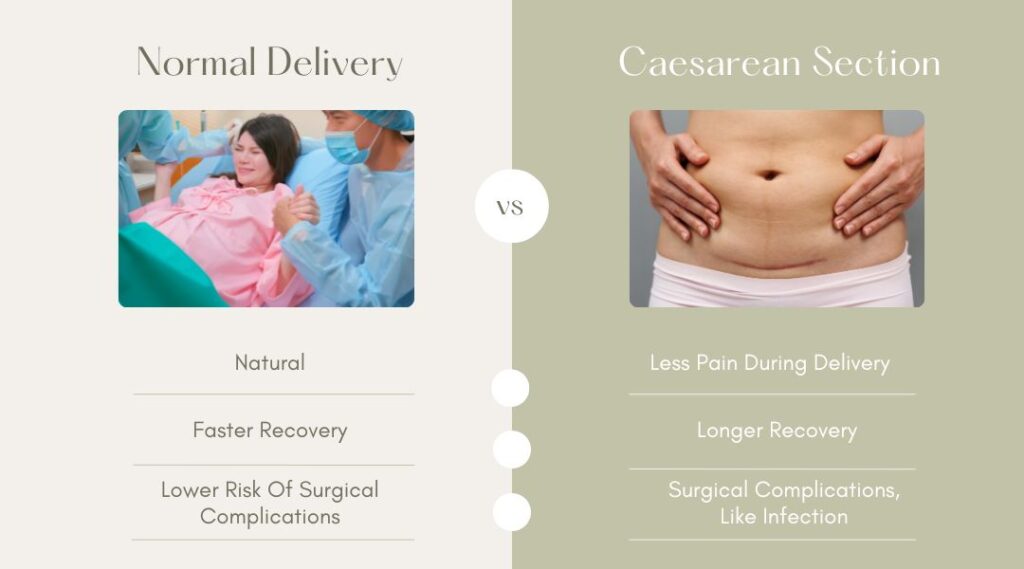Infertility Prevalence
Infertility targets around one-sixth of the world population within the reproductive age group criteria. In India, 18 out of 1000 women have an infertility condition, according to the report of the National Family Health Survey. The prevalence of infertility in India is high, an alarming situation that calls for immediate engagement of the best infertility doctors.
Source: https://pmc.ncbi.nlm.nih.gov/articles/PMC10757690/
What is Infertility?
Infertility is a medical condition that restricts parenthood. When women fail to conceive for around one year or so, despite unprotected intercourse, this condition leads to infertility. Here is when the couple suspect the first symptom of infertility, i.e. nonconception.
It affects both men and women, which can be due to many reasons, like hormonal disturbance, structural issues, or age-related factors.
Factors of Infertility in Women and Men
There can be various causes of infertility in women and men, but compared to men, women have more potential causes of infertility, and they are categorized under gynecological conditions.
Let us see the factors of infertility in men and women.
Female Infertility Factors:
- Ovulatory Disorders: Irregular ovulation or failure to ovulate can cause infertility in women.
- Age: Chances of infertility in women increase as age declines, particularly after 35.
- Endometriosis: A condition in women when abnormal tissue develops in the reproductive organs, which causes infertility in women.
- Pelvic Inflammatory Disease (PID): Infection in pelvic region can cause inflammation, which reduces the chance of conception.
- Uterine Abnormalities: Fibroids, polyps, or structural issue causes infertility in women.
- Hormonal Imbalances: Hormonal disturbance may adversely impact the menstrual cycle, which causes infertility in women.
- Fallopian Tube Blockage: This condition can be due to scarring or infections, which causes infertility in women.
Male Infertility Factors:
- Sperm Production Issues: Conditions like low sperm count or poor sperm motility cause male infertility.
- Genetic Factors: Genetic abnormalities can affect sperm production in men, causing problems in conception.
- Hormonal Imbalances: Issues with testosterone or other hormones causes infertility in men.
- Obstructive Issues: Blockages in the reproductive tract can reduce the chances of fertility in men.
- Lifestyle Factors: Infertility in men can also be caused by excessive smoking, alcohol consumption, and exposure to toxins.
Infertility Treatment
There are limited and effective methods available for infertility treatment, and the best treatment for infertility in India is Laparoscopic surgery.
Medication and exercises may work in the initial stages, but prolonged infertility conditions need effective treatment methods.
Laparoscopy can enhance fertility in several ways:
Diagnosis and Treatment of Endometriosis
Laparoscopy is a procedure that involves a small camera that scans the inner organs and tract of the pelvic region to diagnose the presence of endometriosis. It is essential to know that endometriosis can cause pain and blockage in the reproductive tract, making conception difficult. Laparoscopy not only helps diagnose abnormal tissue growth on the uterus lining but also helps in the removal, clearing up blockages and creating conditions for fertility.
Removal of Ovarian Cysts
Cysts are fluid-filled sacs that develop on the ovary, and this condition is known as an ovarian cyst, which causes pain and restricts fertility in women.
The ovaries produce eggs monthly during the menses cycle, which is necessary for reproduction in women. Ovarian cysts hinder ovulation, causing infertility in women. Laparoscopy surgery for infertility helps in removing the cysts from the ovary, creating favourable conditions for fertility in women.
Correction of Anatomical Issues
Laparoscopy in the treatment of female infertility is an effective procedure, especially in rectifying anatomical issues. This procedure helps laparoscopic doctors find and fix the problem in the reproductive organs that cause infertility in women. It allows doctors to diagnose and rectify problems in the pelvic region, like blocked fallopian tubes or fibroids. Successful removal of fibroids and clearing of blockages enhances fertility in women.
Laparoscopy surgery for infertility is not limited to treating female infertility; conditions like Varicocele, Obstructive Azoospermia, and Epididymal Obstruction related to infertility in men are under the treatment scope of laparoscopy.
Conclusion
Infertility is a growing concern as its prevalence in India is high. With early diagnosis and proper treatment, infertility conditions can be handled efficiently. If you are having infertility conditions and experiencing symptoms, get in touch with Dr. Amita Shah who is the best gynaecologist & laparoscopic surgeon in Delhi and Gurgaon.






























